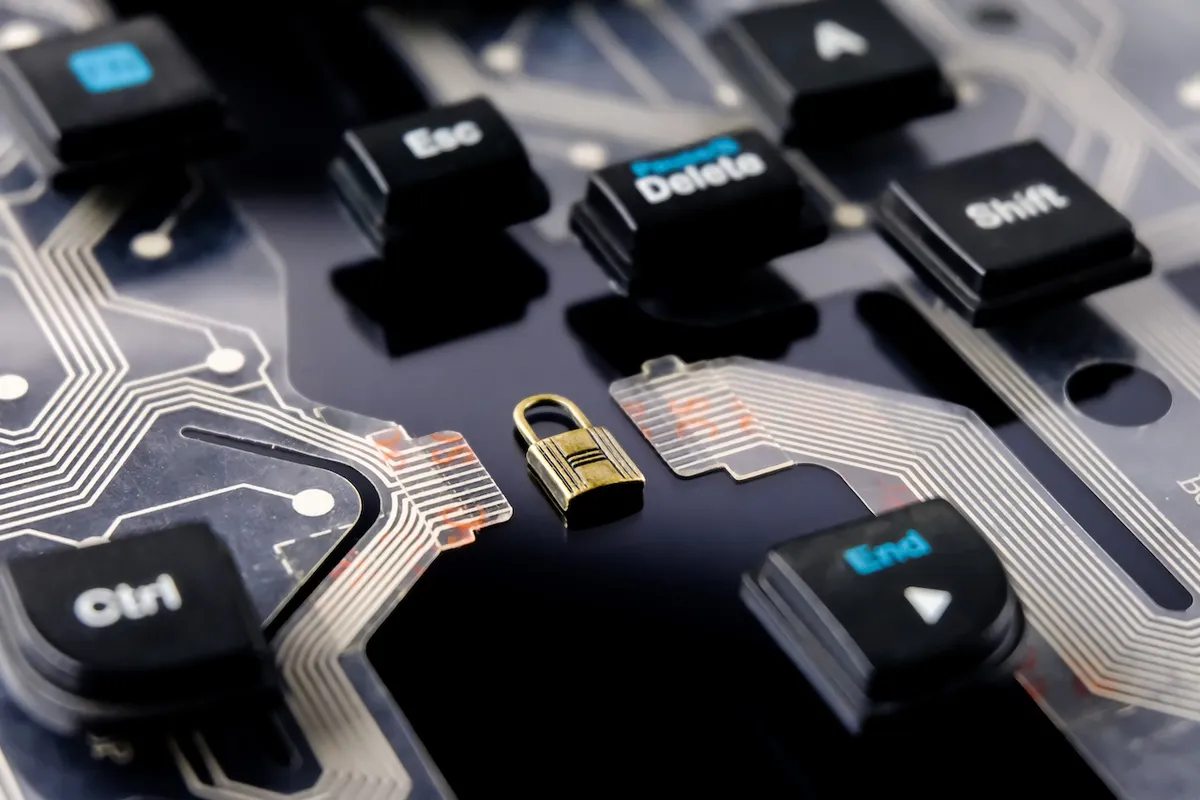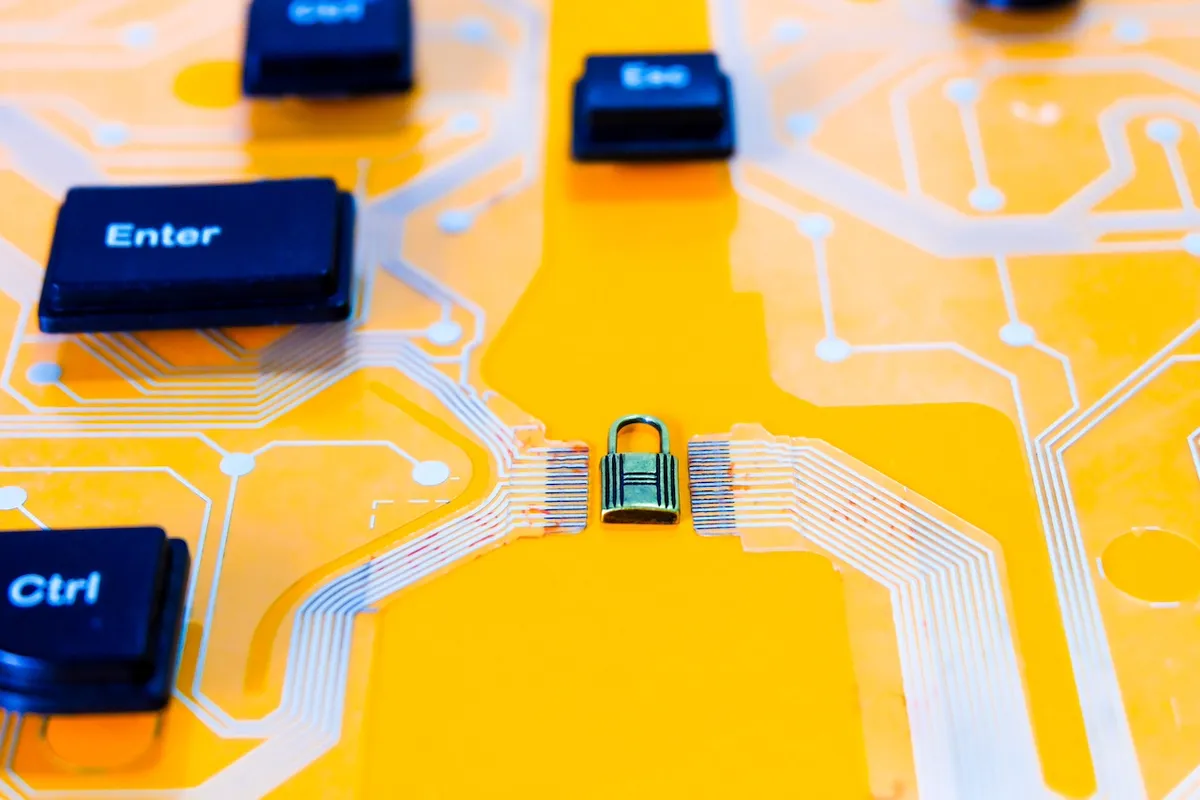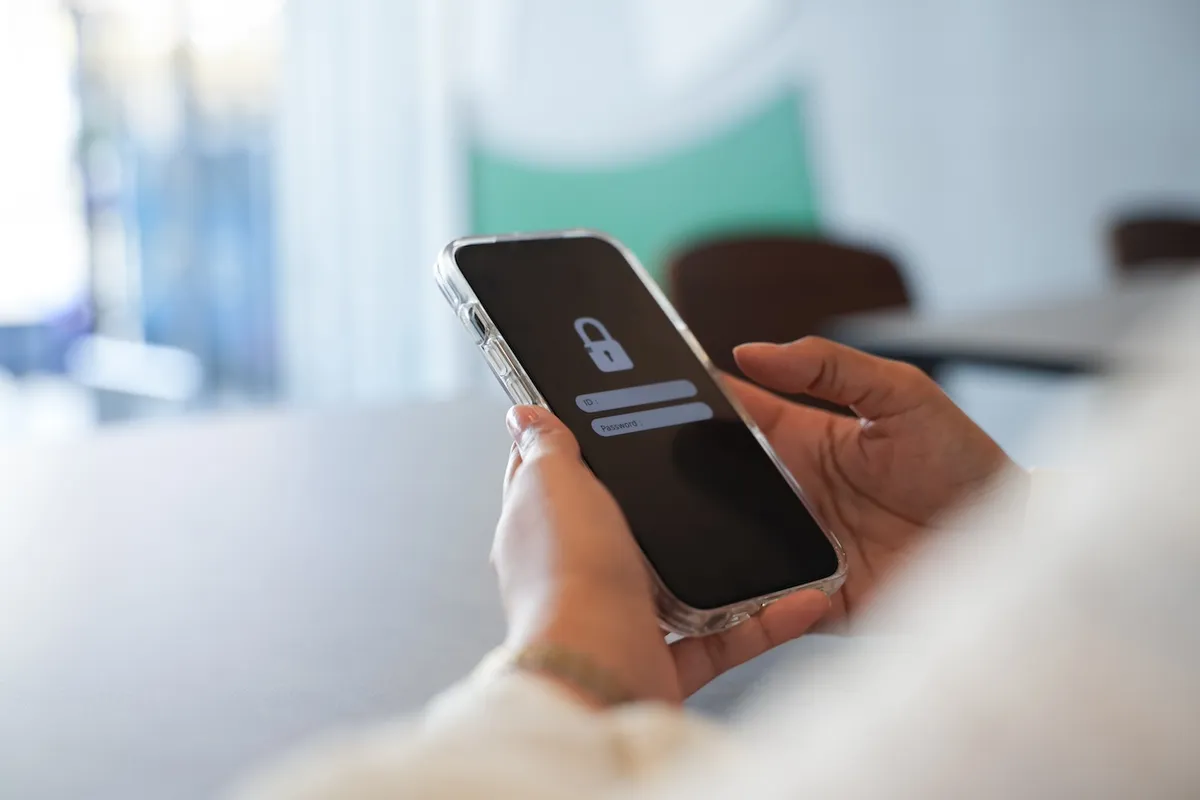The Influence of Blockchain Cybersecurity on Data Protection and Smart Contract Security

In a world where digital data breaches are common, keeping personal information safe is a big worry for everyone. Blockchain technology has stepped up as a new defender, using complex codes to protect our digital lives.
This blog will explain how blockchain strengthens cybersecurity and keeps smart contracts secure, making it easier for you to feel safe online. Let's dive into the future of data safety!
Understanding Blockchain Security
Blockchain security involves the use of cryptography, decentralization, and distributed ledger technology to ensure the confidentiality, integrity, and availability of data. Different types of blockchains may have varying security measures in place to protect against cybercriminals and potential vulnerabilities.
The basics of blockchain security
Blockchain security keeps data safe using cryptography. This means every piece of information is locked with a special code that only certain people can unlock. A blockchain is like a chain where each link, called a block, holds some data.
Once something is added to this chain, it cannot be changed or taken away without it being noticed.
The whole system works on different computers that share and check the information. No single person controls everything; instead, everyone helps keep an eye on the data. This setup makes hacking hard because cybercriminals would need to attack many places at once which is much tougher than breaking into just one computer or network.
How security differs for different types of blockchains
Different types of blockchains have varying security measures. Public blockchains, like Bitcoin and Ethereum, rely on consensus mechanisms for security. On the other hand, private or consortium blockchains involve permissions from specific entities for access and control.
The consensus algorithm in Proof of Work (PoW) based public blockchains involves mining to validate transactions while Proof of Stake (PoS) relies on validators who lock up a certain amount of cryptocurrency as collateral to validate blocks.
Private and consortium blockchains use different methods such as centrally controlled validation processes.
Understanding these differences is crucial in implementing tailored security protocols for each type of blockchain to ensure protection against cyber threats.
Cybersecurity Risks in Blockchain Technology
With the increasing use of blockchain technology, there are various cyberattacks and fraud targeting this decentralized system. Understanding potential vulnerabilities and flaws in blockchain security is crucial to protect data and smart contracts from breaches.
Common cyberattacks and fraud targeting blockchain
Cyberattacks and fraud targeting blockchain are a real concern in the digital world. Understanding these risks is crucial for maintaining security. Some of the common cybersecurity threats that target blockchain technology include:
- Phishing attacks: Cybercriminals use deceptive tactics to obtain sensitive information such as private keys or login credentials.
- 51% attack: This occurs when an entity or group gains control of over 50% of a blockchain network's mining power, allowing them to manipulate transactions.
- Malware and ransomware: These malicious software can infiltrate systems, compromise data, and demand ransom payments for decryption.
- Smart contract vulnerabilities: Flaws and bugs within smart contracts can be exploited by attackers to manipulate transactions or steal funds.
- Distributed Denial of Service (DDoS) attacks: Perpetrators overwhelm blockchain networks with high traffic volumes, disrupting normal operations.
- Insider threats: Unauthorized access by individuals within an organization can lead to data breaches and theft.
- Sybil attacks: Attackers create multiple false identities to gain control over a network’s consensus mechanism or disrupt its operation.
- Double-spending: A fraudulent user spends the same cryptocurrency twice by exploiting the lack of double-spending protection in some blockchains.
Potential vulnerabilities and flaws in blockchain security
Blockchain security can have vulnerabilities and flaws that may impact its overall security. Some potential vulnerabilities and flaws in blockchain security are:
- Lack of consensus algorithm robustness, making the network susceptible to 51% attacks.
- Inadequate smart contract coding leading to vulnerabilities such as reentrancy bugs, which can be exploited by attackers.
- Privacy concerns arising from the public nature of blockchain, potentially exposing sensitive transaction data.
- Limited scalability, which could result in performance issues during high transaction volumes.
- Susceptibility to DDoS attacks due to reliance on a decentralized network for consensus.

Protecting Data and Smart Contracts with Blockchain Security
Blockchain plays a critical role in protecting data through its decentralized and tamper-proof nature, ensuring the security and privacy of sensitive information. Smart contract security is also essential in blockchain technology to prevent unauthorized access or fraudulent activities.
The role of blockchain in data protection
Blockchain technology plays a crucial role in data protection by offering a decentralized and secure system. It safeguards sensitive information through digital encryption and ensures that authorized individuals can access the data while maintaining privacy.
The blockchain network's design makes altering stored information extremely difficult, thereby enhancing data security measures. Additionally, blockchain promotes secure communication and facilitates the establishment of trust between parties involved in data transactions.
Smart contract security and its importance in blockchain technology
After understanding the role of blockchain in data protection, it's crucial to recognize the significance of smart contract security within blockchain technology. Smart contracts are self-executing contracts with the terms directly written into code.
Ensuring their security is vital for preventing unauthorized access, tampering, or fraud. The importance of smart contract security lies in upholding trust and transparency in transactions while mitigating potential risks such as hacking and exploitation.
Implementing robust security measures for smart contracts is essential to safeguard against cyber threats and uphold the integrity of blockchain transactions. Integrating encryption, multi-factor authentication, and regular code audits can significantly enhance smart contract security and contribute to a more secure blockchain ecosystem that protects information privacy and ensures reliable decentralized systems.
Challenges and Solutions for Blockchain Cybersecurity
Regulatory and scalability challenges pose obstacles to the effective implementation of blockchain security measures. However, advancements in technology and the intersection of traditional cybersecurity practices with blockchain security offer potential solutions to these challenges.
Regulatory and scalability challenges
Blockchain technology faces regulatory challenges due to the lack of standardized regulations across different jurisdictions. These inconsistencies can create obstacles for companies looking to implement blockchain solutions, particularly in industries with strict compliance requirements.
Moreover, scalability remains a significant challenge for blockchain, as the technology must support a large number of transactions without compromising efficiency or security. Overcoming these challenges will require collaboration between industry stakeholders and regulatory bodies to establish clear guidelines while also addressing technological limitations through ongoing innovation and development.
Innovations in blockchain technology should prioritize addressing regulatory concerns and scalability issues to ensure widespread adoption and integration across diverse sectors like finance, healthcare, and supply chain management.
The intersection of traditional cybersecurity practices with blockchain security
When addressing the intersection of traditional cybersecurity practices with blockchain security, it is crucial to integrate established security measures with the unique properties of blockchain technology.
Unlike conventional centralized systems, blockchain requires a decentralized approach to security. This necessitates reimagining existing security protocols to adapt them for distributed ledgers and consensus mechanisms.
Incorporating Artificial Intelligence (AI) into traditional cybersecurity practices can enhance threat detection and response capabilities in this context while also leveraging network security measures.
Incorporating AI and network security solutions into traditional cybersecurity frameworks helps bridge the gap between conventional approaches and the distinct requirements of blockchain technology.
Innovations and advancements in blockchain security measures
Blockchain security measures are continuously evolving to combat emerging threats and vulnerabilities.
- Multi-Signature Technology: This requires multiple private keys to authorize a transaction, adding an extra layer of security.
- Zero-Knowledge Proofs: This cryptographic method allows verification of information without revealing the actual data, enhancing privacy and security.
- Encryption Techniques: Advanced encryption algorithms protect data stored on the blockchain from unauthorized access or tampering.
- Decentralized Identifiers (DIDs): DIDs enable secure and verifiable digital identities, reducing the risk of identity theft or fraud.
- Immutable Audit Trails: Blockchain technology offers transparent and tamper-proof audit trails, enhancing accountability and trust.
- Permissioned Blockchains: These limit access to verified participants, reducing the risk of malicious activities within the network.
- Consensus Mechanisms: Innovations in consensus algorithms improve the resiliency and security of blockchain networks against potential attacks.

Conclusion
In conclusion, safeguarding data and smart contracts through blockchain security is crucial. Emphasizing practical and efficient strategies can enhance cybersecurity measures effectively.
How can you apply these insights to protect your digital assets? Stressing the impact of these approaches underscores their significance in modern cybersecurity. Explore additional resources for further learning and improvement.
Take action now to fortify your digital safety in this ever-evolving landscape.
Get legally married online
In partnership with Courtly, get legally married online.
From start to “I do.” Courtly team is fully committed to the cause: getting you married. They've done more remote weddings than anyone. Thousands of couples have counted on Courtly and we know what it takes to secure your legal marriage certificate.
Also, enjoy an exclusive discount available only to the MarryOnChain community! Use code MARRYONCHAIN to get $75 off your wedding.
RelatedRelated articles
All posts




